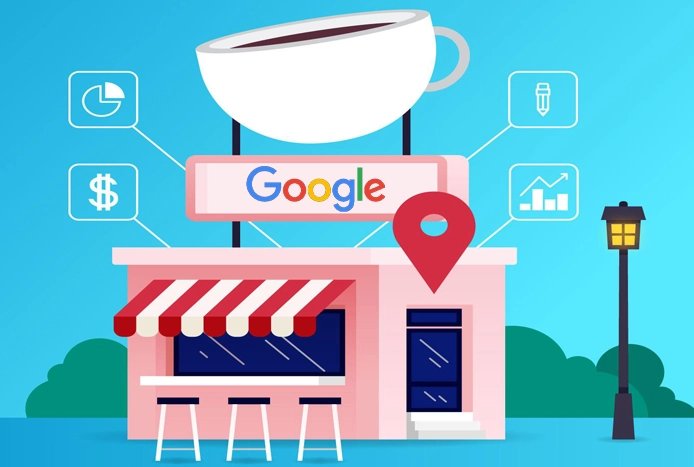
PPC Advertising Management for eCommerce Growth
Why PPC Is a Growth Engine
Pay-per-click or PPC advertising is one of the most effective levers for scaling eCommerce growth. Unlike organic strategies, PPC delivers immediate visibility and traffic. The challenge is not simply running ads—it’s managing them with precision to maximize return on ad spend (ROAS). Brands that treat PPC as a growth engine, rather than a budget drain, position themselves to dominate competitive markets.
Intelligence-Led Campaign Structure
Successful PPC management begins with intelligence. Campaigns must be built on a foundation of keyword research, competitor surveillance, and customer behavior analysis. Instead of chasing high-volume vanity keywords, a disciplined PPC strategy targets terms with buying intent. This means structuring campaigns across branded, non-branded, and product-specific categories, while using negative keywords to eliminate waste. Precision targeting ensures every click has the potential to convert into revenue.
Multi-Channel Execution
PPC growth in eCommerce extends beyond Google Ads. True market coverage requires execution across multiple platforms: Microsoft Advertising, Amazon Ads, Meta platforms, TikTok, and LinkedIn (for B2B eCommerce). Each channel has unique strengths and audience behaviors. A coordinated multi-channel strategy ensures your brand is visible wherever your buyers are searching, scrolling, or shopping.
Conversion-Focused Optimization
Clicks mean nothing without conversions. PPC advertising management must integrate with conversion rate optimization (CRO) to maximize efficiency. Landing pages must be built for speed, relevance, and clarity. Ad copy must align with search intent. Continuous A/B testing of headlines, creatives, and calls-to-action ensures performance is always improving. The result: higher quality scores, lower costs per click, and stronger ROAS.
Budget Allocation and Scaling
A disciplined approach to PPC means treating budget like operational capital. Spend is allocated to the highest-performing campaigns, while underperforming segments are cut quickly. Scaling occurs when data proves profitability. This controlled approach eliminates waste and accelerates growth by doubling down where returns are strongest. In practice, this means daily monitoring, automated bid strategies, and human oversight working together to fine-tune every dollar.
Data-Driven Reporting and Accountability
One of the most critical aspects of PPC management is measurement. Real growth is tracked in revenue, not impressions. Transparent dashboards highlight metrics like ROAS, cost per acquisition (CPA), and customer lifetime value (CLV). With this intelligence, brands can see exactly where their advertising spend delivers results—and where adjustments are required. Accountability transforms PPC from a guessing game into a predictable growth channel.
Take Command of PPC Growth
For eCommerce brands, PPC advertising is both an opportunity and a risk. Managed poorly, it drains budgets. Managed with intelligence and precision, it fuels exponential growth. At eCommerce Marketer, we treat PPC advertising management as an operational discipline—driven by data, optimized for conversions, and engineered for profitability.
If you’re ready to turn PPC into a strategic growth engine instead of an expense line, it’s time to execute with discipline. Book a strategy session today and take command of your paid search performance.


